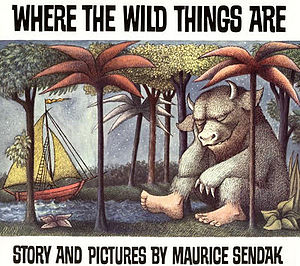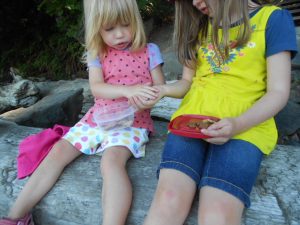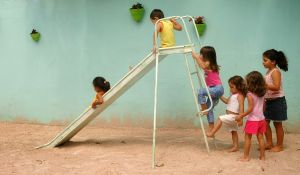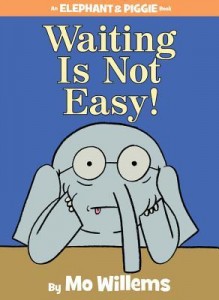Play can include a calm, quiet, destress space for kids. One parent’s wish is giving the rest of us something to think about for at school and at home.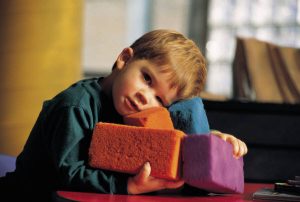 This month, blog posts are based on answers to the question, “If you had one wish for a preschool or kindergarten or other childcare program left-over from St. Patrick’s Day or a sort-of realistic magic wand you found on April Fool’s, what would you want?” Answers have been varied and really interesting. This wish for a quiet place for kids come from L-A, a mother of two and kindergarten teacher.
This month, blog posts are based on answers to the question, “If you had one wish for a preschool or kindergarten or other childcare program left-over from St. Patrick’s Day or a sort-of realistic magic wand you found on April Fool’s, what would you want?” Answers have been varied and really interesting. This wish for a quiet place for kids come from L-A, a mother of two and kindergarten teacher.
Do kids need a quiet retreat at school and at home? Absolutely. Just like adults. What about you? Do you have a place where you can go when you are feeling overwhelmed? For parents, sometimes it’s locking yourself in the bathroom for a few minutes. At work, it may still be a bathroom or even a storage closet. Anything for a few minutes where the phone isn’t ringing or someone is stopping by your counter or desk. We take coffee breaks, but that’s not the same as a quiet break.
We might expect a calm, quiet space for kids to have dim lighting, soft cushions, furry stuffed animals, and books, but many of them also include sensory materials. A spongey ball, lava lamp, heavy blanket, and squishy playdough are possibilities. Carolyn Feder shares some suggestions in her article Top Ideas to Create a Calming Sensory Bedroom Space for Autism Parenting.
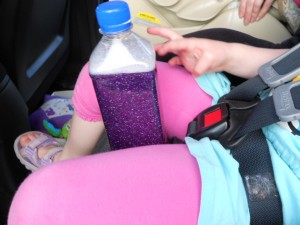 At home or in a care or school center, we may be able to find a room or a corner to make a retreat. Sometimes, a big box or small tent is an option. In the car, this can be quite tricky. A super article gives a list of 40 items you can use to make a calm-down bin. For kids that find public spaces like stores or offices a challenge, you can tuck a few into a bag to take along.
At home or in a care or school center, we may be able to find a room or a corner to make a retreat. Sometimes, a big box or small tent is an option. In the car, this can be quite tricky. A super article gives a list of 40 items you can use to make a calm-down bin. For kids that find public spaces like stores or offices a challenge, you can tuck a few into a bag to take along.
In a child’s own words on this video, “Sometimes I get really frustrated and mad.” After spending 5 minutes in the special sensory calming room, “I go back to class and then everything starts to return happy.”
No wonder a quiet place for kids is a wish from this parent. Is there a calm, quiet, destress space for kids at your house or childcare center?

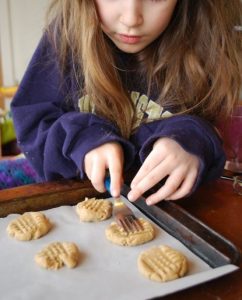 Self-regulation involves coping with emotions, controlling impulses and attention, handling problems, and being able to wait. Early childhood expert, Dr.Ida Rose Florez, has studied young children and the role of self-regulation. In her article,
Self-regulation involves coping with emotions, controlling impulses and attention, handling problems, and being able to wait. Early childhood expert, Dr.Ida Rose Florez, has studied young children and the role of self-regulation. In her article, 